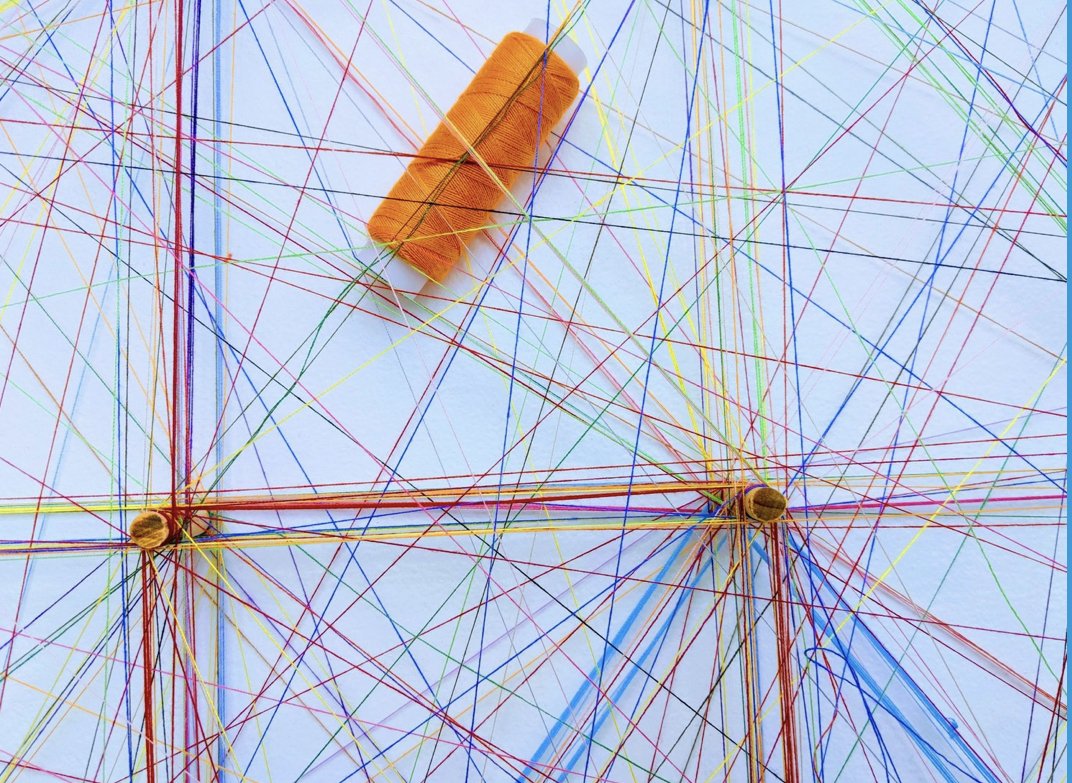Inquiry Inventory - 06/15/22
Here at The Human School, a big part of what brought us together is a deep love of reading and learning. We commit, as part of our learning journey, to sharing our week’s reading with you and what influences our thinking and learning.
Each week, you will see a post with what we’re reading, a quote, and an insight from that reading that leads us to deeper thinking.
To learn more about what we are reading, please take a look at our Connection Catalog.
Children, Learning and the “Evaluative Gaze” of School
“If a kid asks for your feedback, by all means you can give it; it would be impolite not to. But what we should be measuring and comparing is not our children but the quality of the learning environments we provide for them.”
This summer term, I’ve been teaching a course titled Teacher as Evaluator. In all my higher ed work, I try to create the conditions for current practitioners to both thrive in the current paradigm and be objectors in order to create the next, better paradigm.
This older post from Carol Black helped me think about evaluation and assessment through a more human-centered lens. Instead of measuring the people, let’s measure the learning environments we are providing.
How might we do that?
—Randy
“More Human Systems”
by Ryan Burke
“…[S]chool is just not a place where being naturally or authentically who you are is rewarded. The system requires a numbing assimilation, and I could write equally compelling faculty or staff profiles that would also illustrate the way that this system does the same for the adults. More human systems would be designed around the reality of each learner’s unique traits – seeking growth and purpose rather a uniformity.“
One of the first things that stuck out to me in this article from Leadership+Design is the comment from the author’s children - “School is pointless.” So often we talk to children or parents who discuss school as a game, something to be played. We talk about kids who are “good at playing school” and know what that really means is they are compliant. Quiet. Follow directions. Don’t ask questions. But is that what it means to be human? Is that behavior what makes humanity what it is? Is that really what we want for our kids…?
Burke identifies and discusses the types of students we find in schools and posits whether the system even works for any of them. The compliant student who plays school - do we want them to just be yes people who don’t ask questions and just hoop jump? The struggling student - do we really want them to feel defeated and less than because we make them feel that struggling is wrong? The behavior problem - does learning really need to be quiet and still and the same for all? We know these answers, and as we shift to more human-centered schooling, we need to keep asking questions of ourselves, our leaders, and with our students and communities in the conversation. We need to ask - What is the cost of creating a culture of compliance and hoop jumping on the people in the system?
—Rachel
The Power Of Regret by Dan Pink
“Tn The Power of Regret, Pink draws on research in psychology, neuroscience, economics, and biology to challenge widely-held assumptions about emotions and behavior. Using the largest sampling of American attitudes about regret ever conducted as well as his own World Regret Survey—which has collected regrets from more than 16,000 people in 105 countries—he identifies the four core regrets that most people have. These four regrets, Pink argues, operate as a “photographic negative” of the good life. By understanding what people regret the most, we can understand what they value the most. And by following the simple, science-based, three-step process that he sets out, we can transform our regrets in a positive force for working smarter and living better.”
There are many connections to our compass point that come alive in Dan Pink’s text. When we consider the role of being an Objector, Pink calls on us to be courageous. As we think about Curator, he invites us to learn from what happened. And lastly, he asks us to be architects and storytellers so that we can transform our regrets. Learning from regret is also a powerful tool that we as educators can both use to better understand our calling and passion for teaching as well as something we should be helping our learners to grapple with.
-Chad



